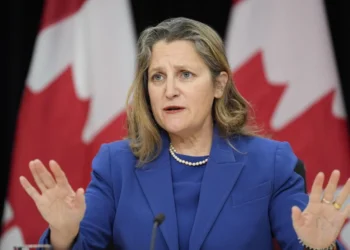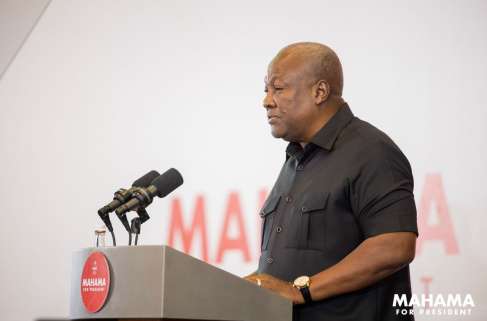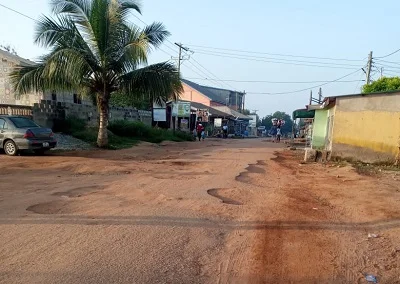The World Trade Organization (WTO) members, during the 14-18 September cluster of meetings of the Negotiating Group on Rules, began a new phase of their work on an agreement to curb harmful fisheries subsidies.
WTO indicated that “several members noted that the focus on specific parts of the text was particularly useful as it helped generate some suggestions for compromise language, as well as greater clarity on members’ positions”.
The cluster comprised meetings of heads of delegations, technical discussions among the Negotiating Group, and informal consultations among members and with the Negotiating Group Chair, Ambassador Santiago Wills of Colombia.
The discussions were anchored on a consolidated draft document the chair had introduced in June and which members in July had agreed to use as the starting point for text-based work.
“Members reviewed draft language on subsidies contributing to overcapacity and overfishing, subsidies to distant water fishing, special and differential treatment for developing and least-developed countries, and transparency provisions.
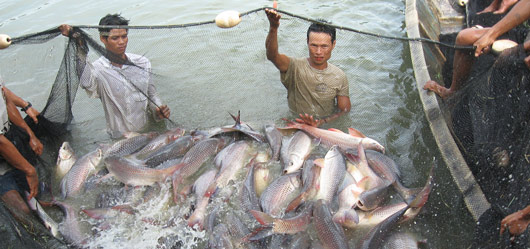
“At the close of the cluster of meetings, members said the week had been productive and helped provide a fuller perspective of various positions. The chair said the quality of the exchanges during the week, which marked the resumption of negotiating work since the summer break, was an encouraging sign”, WTO said.
As for the deadline for concluding talks, the chair noted that some members had emphasized the importance of concluding the negotiations in 2020 as previously agreed, and also acknowledged that some other members had questioned the feasibility of meeting that timing, given the ongoing difficulties stemming from the COVID-19 crisis.
“No member had said they were against continuing to work towards the end-of-year deadline, and work would thus continue to be organized with the aim of making as much progress as possible, the chair said. He will continue to consult with members during the period before the next cluster of fisheries subsidies meetings to be held on 5-9 October”.
WTO further explained that, “fisheries industries worldwide are vital for providing food and livelihood to people. The challenge, however, is to meet present demands while safeguarding resources for future generations. Subsidies for fishing are thus on the negotiating agenda to ensure that governments find a sustainable balance between supporting fisheries production and conservation.
“According to the Food and Agriculture Organization (FAO) of the United Nations, fish stocks that are within biologically sustainable levels has fallen from 90.0 percent in 1974 to 66.9 percent in 2015.
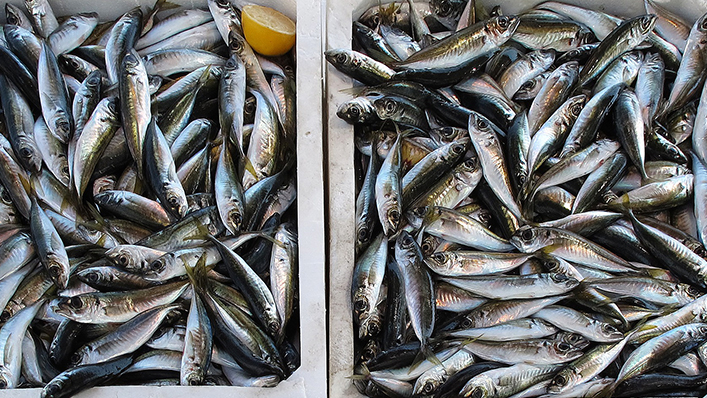
“Certain forms of fisheries subsidies could be contributing to overfishing and overcapacity of fleets around the world as well as enabling illegal, unreported, and unregulated (IUU) fishing”.
At the WTO’s 11th Ministerial Conference in 2017, ministers agreed, consistent with UN Sustainable Development Goal Target 14.6, to secure an agreement in 2020 on disciplines eliminating subsidies for illegal, unreported and unregulated fishing and prohibiting certain forms of fisheries subsidies that contribute to overcapacity and overfishing, with special and differential treatment for developing and least-developed countries.
WTO negotiations on fisheries subsidies were launched in 2001 at the Doha Ministerial Conference, with a mandate to “clarify and improve” existing WTO disciplines on fisheries subsidies. That mandate was elaborated in 2005 at the Hong Kong Ministerial Conference, including with a call for prohibiting certain forms of fisheries subsidies that contribute to overcapacity and overfishing.


